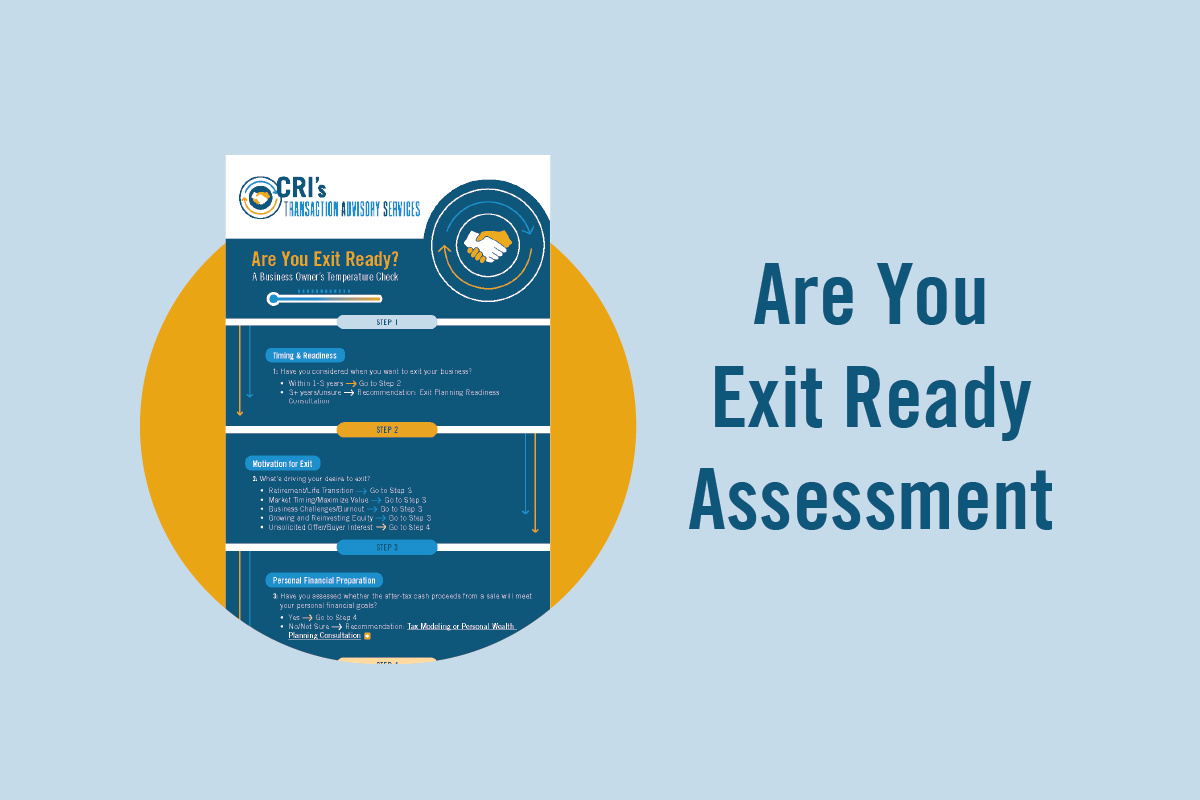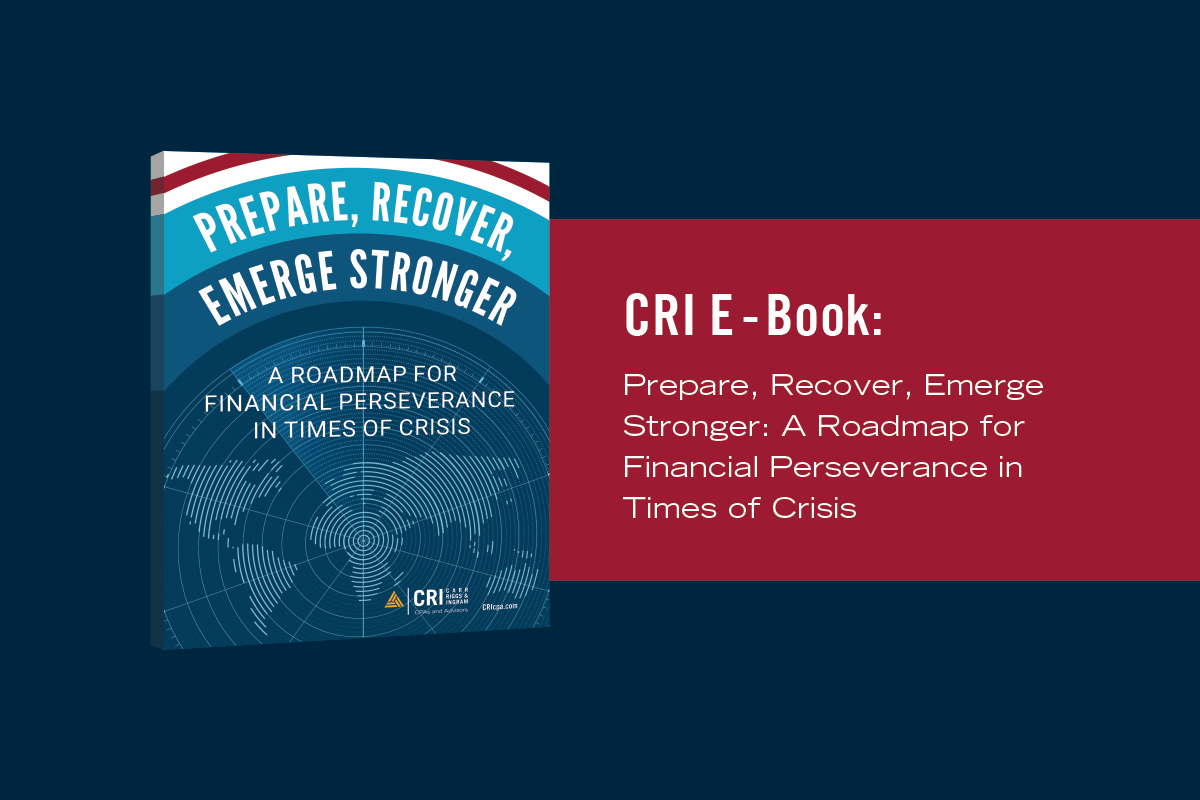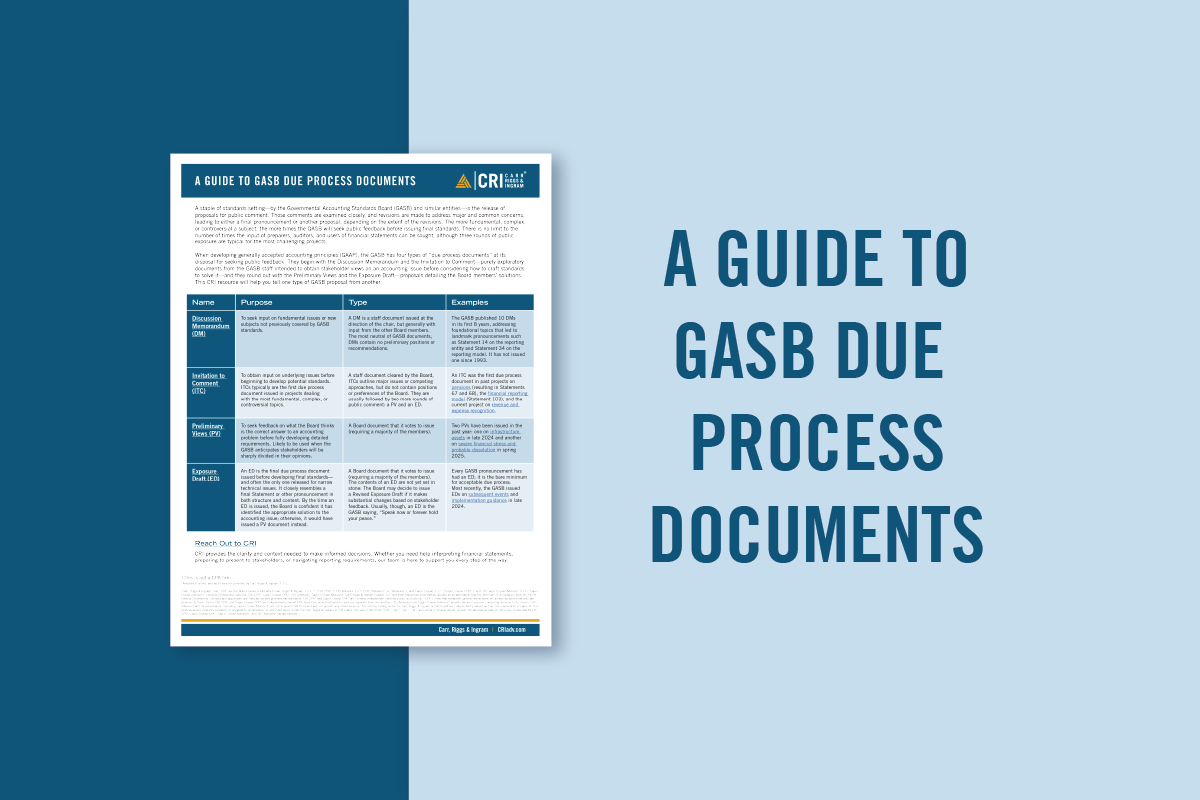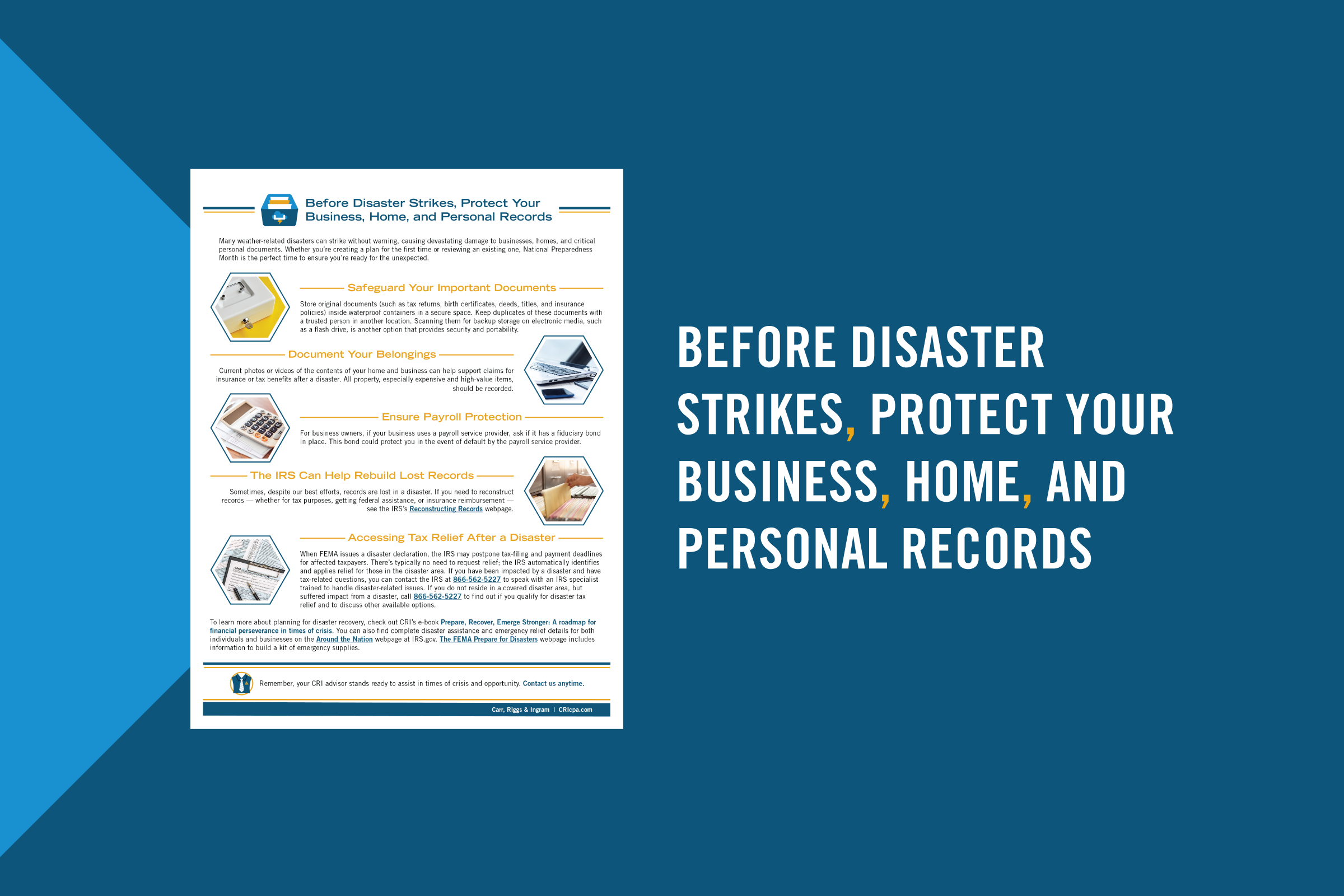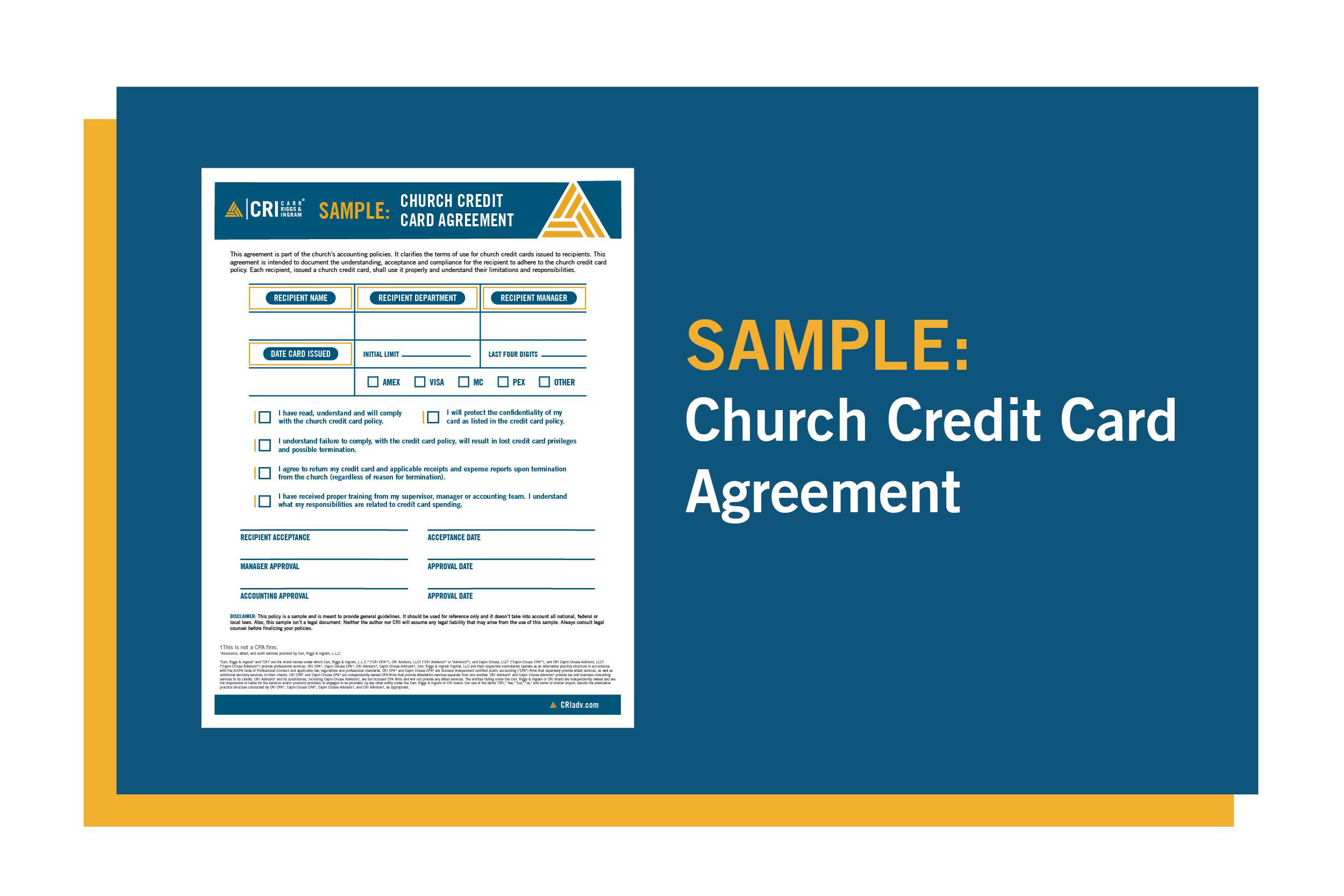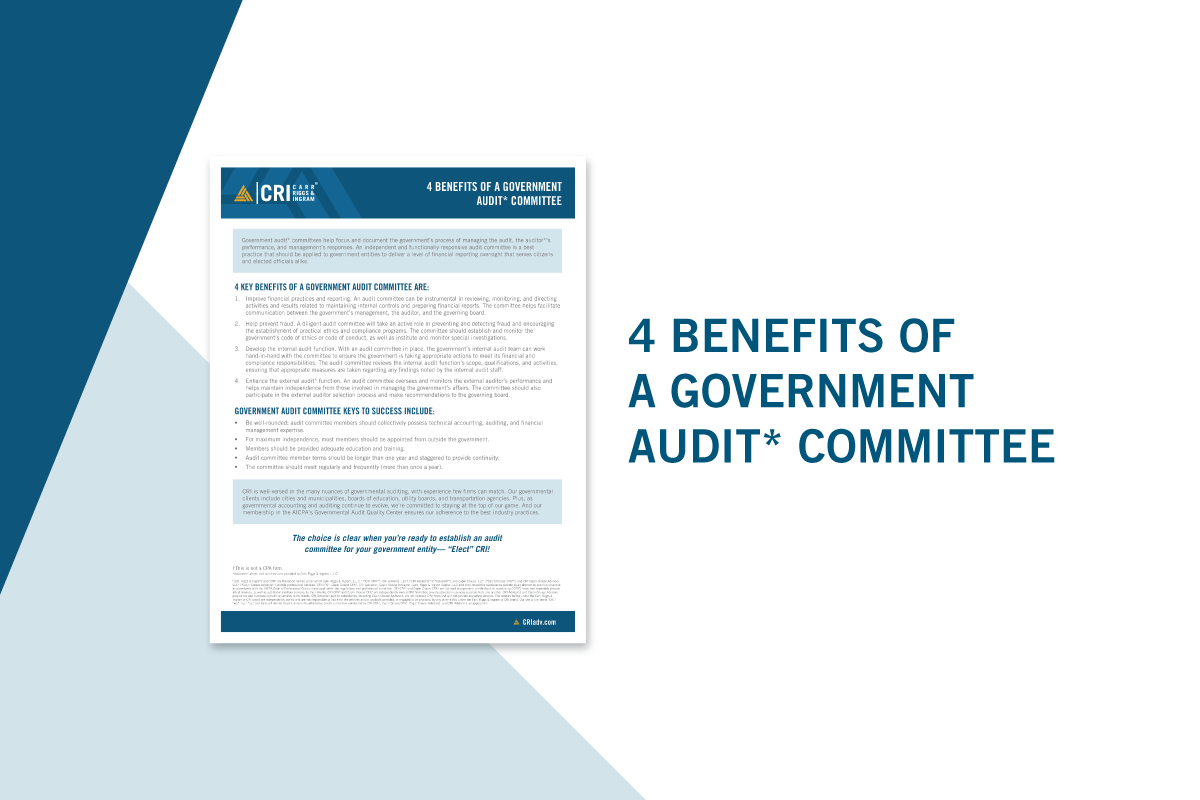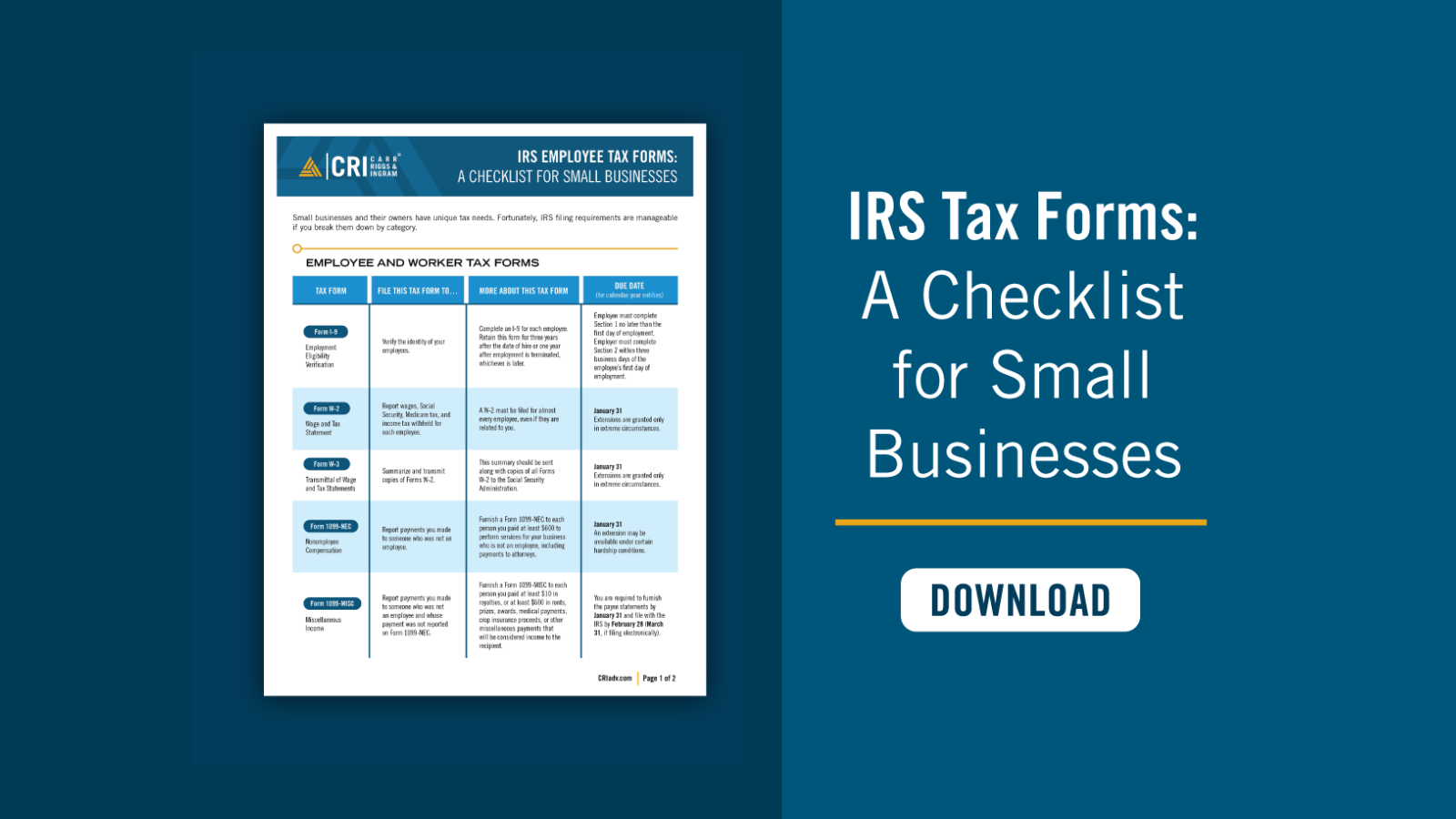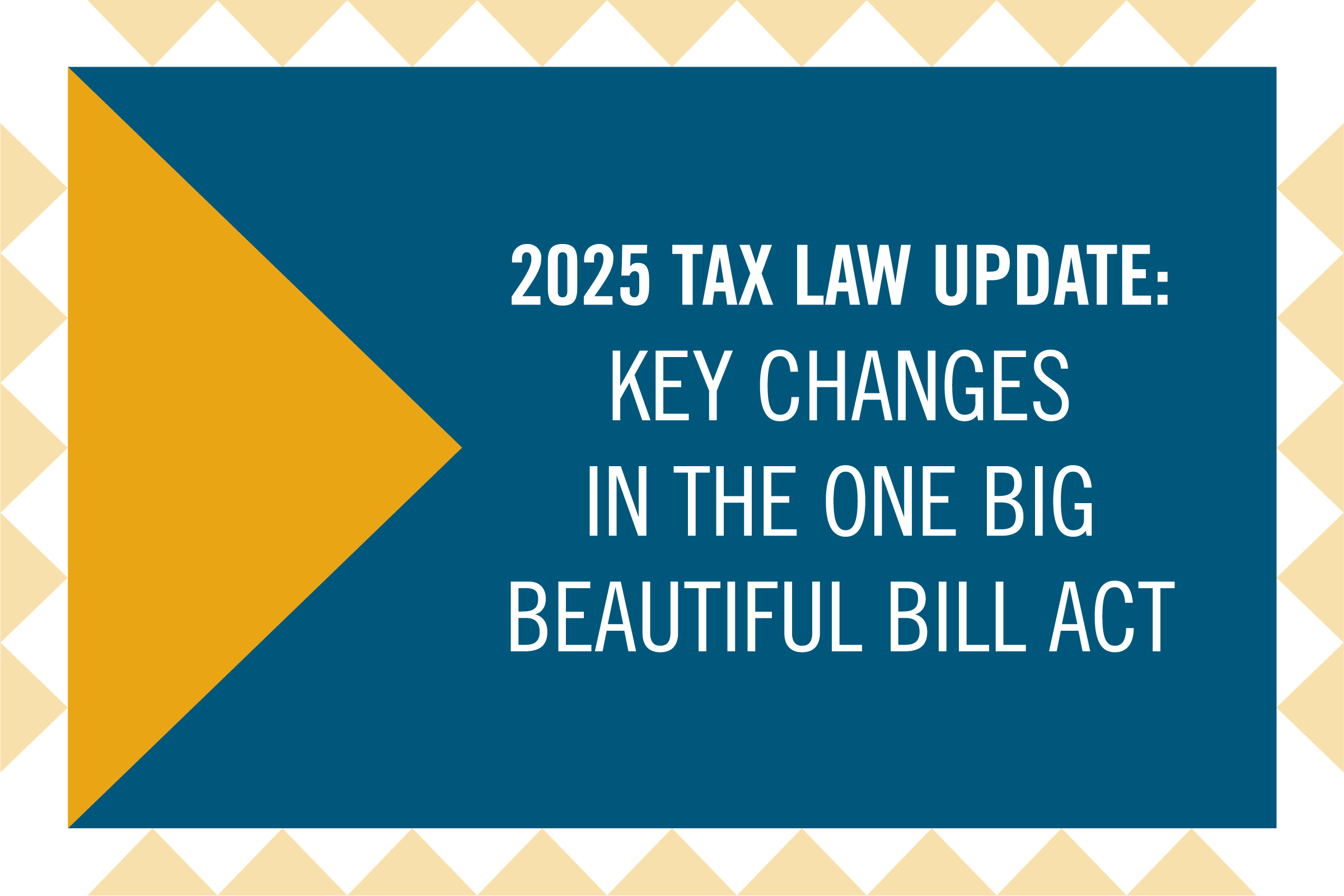Cost-Effective Fraud Protection
Oct 31, 2023
Each year, businesses suffer billions in losses due to employee-perpetrated fraud schemes exploiting inadequately secured systems. Implementing simple, low-cost, and even no-cost business practices for fraud prevention could have restricted or even prevented many of these losses.
Set an Ethical Tone
More than anything else, employees need to see the owner treating the business as a going concern and not just as a means to instant personal enrichment. Employees notice when owners take money out of the cash register for personal use or book high-end travel that the business can’t afford.
One of the easiest and most cost-effective ways to create an environment of fraud prevention is to set clear and effective policies for things like travel, expense reimbursements, and petty cash, and for employees to see owners following those rules.
If you don’t yet have policies in writing, start communicating your expectations when you give instructions. For example: “Here’s $20 out of petty cash. Go get the supplies we just discussed and bring me back the change and the receipt.” Or if you’re the one running the errand, reinforce the rule by saying something like, “I’m taking $20 out of petty cash to get the supplies we discussed.” When you get the change and the receipt, make a point to put it back with petty cash while employees are watching, reinforcing that it’s a business transaction. These actions speak louder than any written policy.
Good Business Practices Double as Fraud Prevention
Many of the steps that businesses take to operate effectively and efficiently also offer fraud protection benefits. For example:
- Create a budget. Set an expectation ahead of time for what you think revenues and expenses will be. If you haven’t created budgets in the past, don’t get discouraged if your estimates are way off to start. The process of understanding why the numbers didn’t meet your forecasts will help you to plan better in the future and to uncover theft and fraud if either of those are driving the shortfalls.
- Review transactions. This detail work can be a grind for an entrepreneur, but it’s an essential component of protecting against fraud. As the owner of a small business, you should be reviewing statements from any credit card and bank account that employees use, including canceled checks. As your business grows, this might be one of the first tasks you hand off to a trusted employee or outsource to your accounting firm. But at startup, there is no more effective fraud preventative than an owner who watches the transactions — especially when employees know that the owner is watching.
- Set limits on employee accounts. If your business provides employees with credit cards or access to accounts, you can control the limits on those cards. Consider whether it’s appropriate to restrict credit card accounts to certain classes of vendors and purchases, like gas stations, hotels, and restaurants. It’s also important to make sure that your policies spell out dollar thresholds at which purchases will require additional approvals.
- Be involved with the books. People often start businesses based on an idea that they are passionate about. That passion rarely translates into a focus on understanding how the financial success of the operation is measured. Take time to learn what the numbers are telling you.
- Segregate tasks. One of the first things to do when you start hiring employees is to segregate duties. Even if you only have one or two employees, start creating systems that make it harder for one person acting alone to steal from your business. For example: One person receives and records checks and another person deposits them. Another example: One person approves accounts payable invoices and another person cuts the checks. Don’t wait until you have an “accounting department” — separate out the responsibilities for receiving and disbursing cash and products as early as possible in the life of your business.
- Create a fraud reporting process. Most fraud is discovered via tips. Just the awareness among your employees that a reporting process exists can help to deter some fraudsters. As you add employees, make sure everyone knows how to raise concerns about suspicious behaviors. For businesses growing to 50 employees and beyond, outsourcing this process to a fraud hotline provider can be a great option. These services collect information from anonymous sources and deliver it to the executives who will address the issues.
Review and Revise Policies
In the early days of a startup, policy reviews and changes might be less formal and more frequent. For instance, if you set a low credit card limit for an employee but then expand that person’s workload and responsibilities, the limits may need to be adjusted or removed to allow for greater access to resources.
For more mature businesses, all policies should be spelled out in an employee handbook that is updated regularly. When new employees ask about a policy and they keep hearing, “Oh, we don’t do it that way anymore,” they will invariably begin to fill in the gaps with their own solutions and workarounds. This can lead to an environment where fraud is harder to catch.
Seek a Second Opinion
Even if you think you've adhered to all these steps, having an extra set of eyes to scrutinize your processes can reveal vulnerabilities you may have overlooked. Discover more about the cost-effective measures your business can adopt to bolster your fraud prevention strategies by contacting your CRI professional. They're ready to help you proactively safeguard both your financial integrity and peace of mind.










